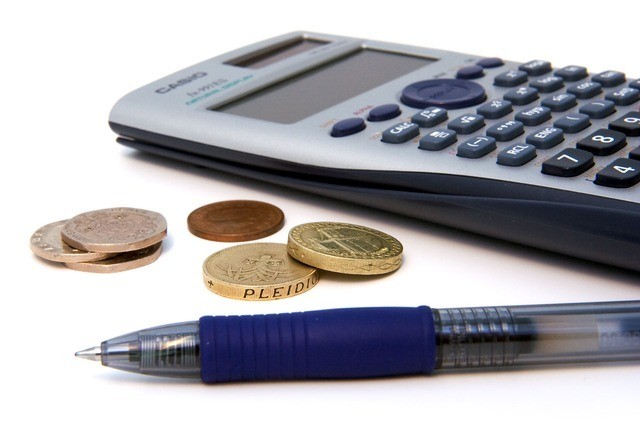
Divorce’s hidden impact on finances

Divorce cuts retirement income and one in five people who break up this year will end up in debt, according to a survey from the insurer Prudential.
The insurer surveyed 7687 adults aged over 45 including 1012 who planned to retire this year and found that the average income for those who had divorced was £2100 per year less than those who had not.
Damage to pension income can be huge when divorcing couples share out assets and the situation is liable to get worse with recent legislative changes allowing people to cash in their pension pots early, according to Claire Moffat a pensions specialist at Prudential.
The survey found that it was common for people to retire with debts – though the debts for divorced people at 22,100 were £400 higher than those who remain married.
The survey revealed that around 35 per cent of those who planned to retire this year were divorced and that they expected an average income of £15,700 but that around 20 per cent of those who were divorced expected to have to live off less than £9500 which is below the Joseph Rowntree Foundation standard minimum income.
Retirement incomes come under pressure with legal fees and because of the costs of having to set up two homes. The survey also revealed that 13 per cent of divorcees delay their retirement for financial reasons which is 2 per cent higher than those who stayed married.
Those who have defined contribution pensions or money purchase pensions can now withdraw their cash before retirement. The 55 per cent death tax on pensions left in pension pots has also been axed.
Family courts tend to prefer clean breaks when dividing out financial assets for most divorces. It is possible to earmark part of you ex partner’s future pension for payment to you upon their retirement. This puts the spouse obtaining an Order in their favour in a difficult position as they have to wait until their spouse retires to receive any benefit – so it is more common for couples to end up with a settlement which splits a pension in two, with part paid into a different pension scheme for the spouse with the benefit or an Order, or into a different pension account within the same scheme – and of course the two smaller pension pots will generate a smaller income between them.
Take a look at our guide to pensions and divorce to find out what might be the best arrangement for you. You can read the guide here or call us on 0800 222 9500 to book a consultation with an expert solicitor and find out what you might be entitled to.

